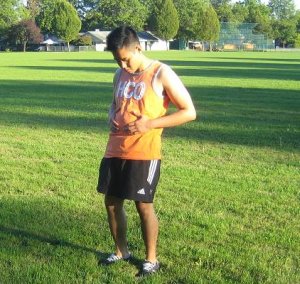Overview Of Stomach Ache
When a person has a dull ache or cramp in their abdomen, they often state that they have a stomach ache. There is no reason for concern in most cases that a person has a stomach ache. Stomach pain should be a concern when this happens suddenly and is severely painful. In these cases, a person should seek medical treatment.
There are several reasons that a person could be experiencing a stomach ache. The three most common are indigestion, constipating, and gastroenteritis.

Indigestion
This occurs after eating and is described as having a full and uncomfortable feeling in the stomach. The person may have a burning sensation in the upper part of the stomach as well. This could be due to an underlying issue such as gall bladder disease, gastroesophageal reflux disease or having ulcers. This will affect how the treatment is given. Other reasons why indigestion may occur is:
- Irritable bowel syndrome
- Pancreatitis
- Thyroid disease
- Stomach cancer, though this is rare
- Stomach infection
- Gastroparesis, in which the stomach never fully empties, common among those who have diabetes
- Medications such as thyroid medications, birth control pills, steroids, antibiotics, aspirins and other pain medications
- Eating too much
- Stress
- Tiredness
- Alcohol intake that is excessive
- Smoking
Constipation
A person who has constipation often has painful bowel movements or has a bowel movement less frequently than what is considered healthy. This is usually not serious, but those who do not have bowel movements for three days in a role can lead to even more issues. The reasons that constipation happen are due to:
- Pregnancy
- Stress
- Medications like iron supplements or antidepressants
- Dietary issues
- Using antacids often
- Lack of water or fiber in the diet
- Stress
- Hypothyroidism
- Overusing laxatives
Gastroenteritis
This is often a virus or condition that happens causing the stomach and intestines to become irritated and inflamed. This can result in diarrhea and vomiting, but can also cause a fever and headache. This can spread from one person to another. And is most often contracted by coming into contact with someone, eating food or water that is contamination, or failing to wash your hands after using the bathroom.
When To See Your GP
If your stomach pain is serious or recurring or if it is supplemented by any of the subsequent symptoms, phone your GP:
- Fever
- Can’t keep food down for more than two days
- Any indication of dehydration
- Unable to pass stool, particularly if you are also nauseous
- Sore or abnormally regular urination
- The stomach is sensitive when you touch it
- The ache is because of an injury to the stomach
- The ache carries on for hours
Related Video On Stomach Ache
https://www.youtube.com/watch?v=_byCHpQak3M
